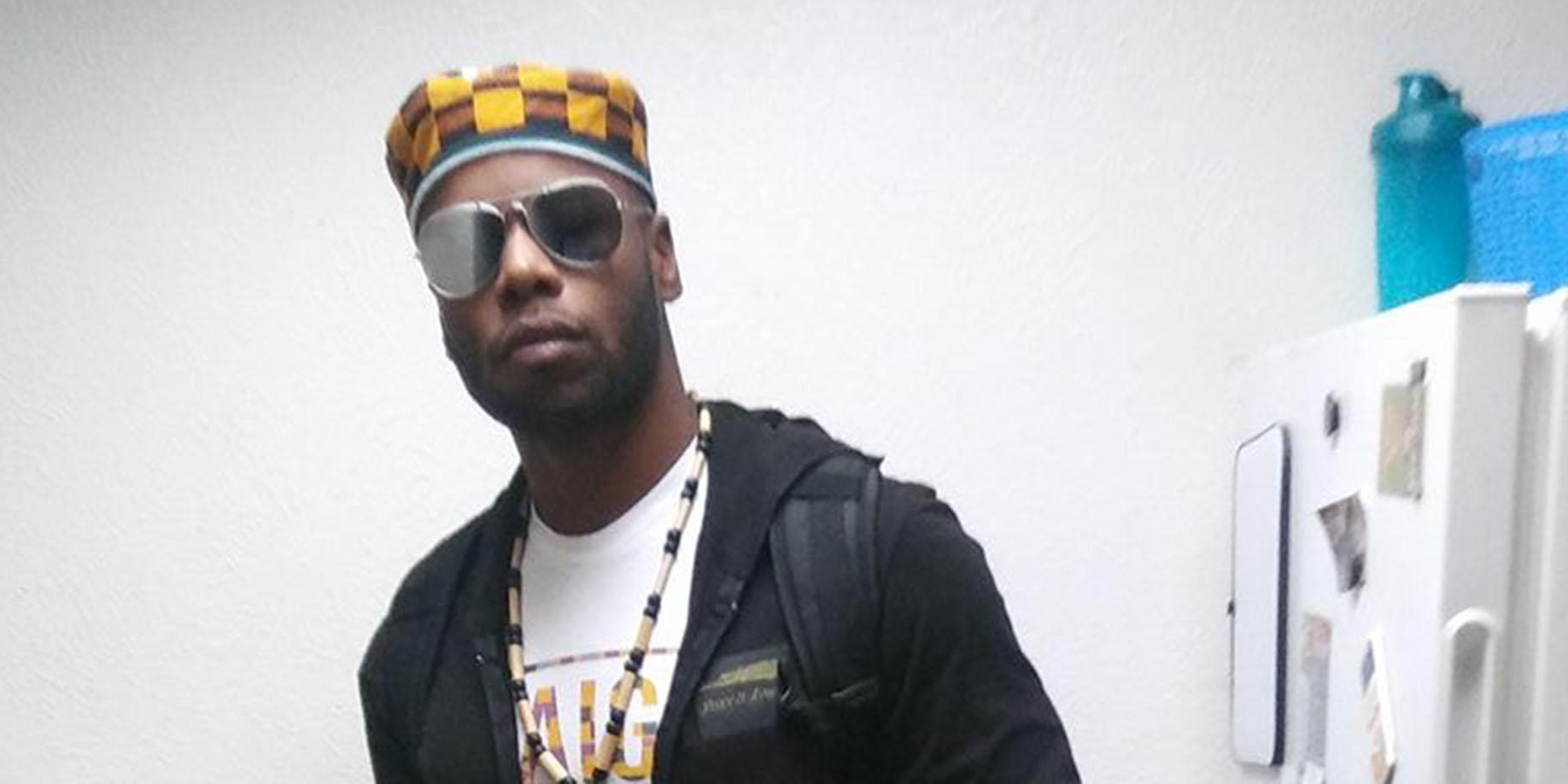Christopher Daniels may have been the first casualty of the FBI’s Black Identity Extremism (BIE) designation—until U.S. Judge Sidney Fitzwater dismissed an indictment and ordered Daniels released from pre-trial detention. While court records do not specify whether the FBI’s designation was formally applied to Daniels, the circumstances suggest as much.
Daniels was the cofounder of two Dallas-based armed groups that protest police use of force. While Daniels’ arrest was initially for illegal firearm possession, federal prosecutors cited Daniels’ social media activity criticizing police as the reason for his continued detention. What is more, court transcripts show the FBI surveilled Daniels for two years prior to his arrest.
Judge Fitzwater did not agree with the government’s reasoning and gave prosecutors until May 3 to file another motion; they did not.

A recent article from Al Jazeera explains the case and offers insight into BIE. They spoke with SCI Director Dr. Erroll Southers, who offered testimony regarding his concerns on BIE in March before the Congressional Black Caucus Task Force on Foreign Affairs and National Security.
The Al Jazeera article reads in part:
Erroll Southers, a former FBI agent who specialised in counterterrorism, told Al Jazeera that the FBI already considered groups comprising eco-terrorists, white supremacists, anarchists, anti-abortion rights activists and black nationalists as possible “domestic terror” threats.
But while a designation like white supremacist applies to certain groups, “BIE is applied more broadly.” Southers was concerned that African Americans protesting against police violence could be labelled as threats under the designation.
After receiving the intelligence assessment, law-enforcement officers could consider the BIE designation as “actionable information”, the former FBI agent said. This means that the BIE designation could be used to acquire search warrants or engage in surveillance, Southers said.
Rep. Karen Bass offered similar sentiments during an SCI forum in February, noting that she is strongly concerned the BIE designation will lead to police violence against young African American activists. Check out the video below.




